Drone Regulations in Canada: Do You Need to Register Your Drone?
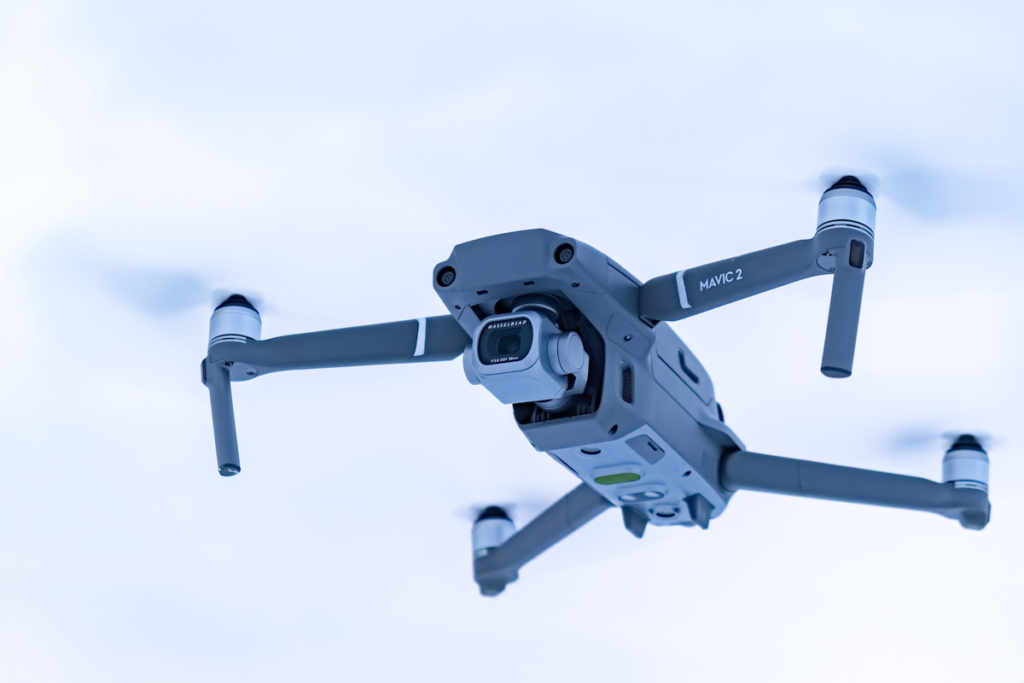
Drone Registration in Canada
Are you the proud new owner of a drone? If so, you may have questions flying through your head (pun intended), without the subsequent answers. Well, you’ve come to the right place. Questions like “what are the drone rules in Canada,” “how to get a drone licence in Canada,” and any other uncertainties regarding the drone regulations in Canada should be answered prior to takeoff. To save you the time and hassle in the future, here’s everything you need to know about Transport Canada drone registration…
Are You Required To Register Your Drone?
The big question: do the Transport Canada drone regulations require you to register your drone? The answer: yes and no. Let us explain. While it’s not currently required by law for all drones to be registered, it will likely be mandatory soon. As such, why not get it out of the way so you can fly freely and confidently?
When it comes to drone registration in Canada, there are some restrictions in place. For example, all drones or Remotely Piloted Aircraft Systems (RPAS) that have a takeoff weight between 250 grams (g) and 25 kilograms (kg) must be registered. Whereas drones that fall below 250g are not required for registration. Additionally, drones that exceed 25kg do not need to be registered; however, they do require a special flight operations certificate which can entail a time-consuming application and approval process. But hey, when you’re operating the big guns, it’s best your prepared for the weight of that responsibility. All 25kgs of it!
To sum up, drone regulations in Canada under 250g or above 25kg – no drone registration necessary. Anything in between, however, requires registration.
What Documents Do I Need to Process My Drone Canada Registration?
Luckily, drone registration in Canada is not a lengthy process. Nor is it rigorous. All you need is three minutes in a day and the right information at hand and you can wear the hat of a registered drone pilot.
For the Transport Canada drone registration process, here is what you need:
- Purchase date of drone (if applicable)
- Make, model, weight, serial number, and type of drone
- Payment such as Visa, American Express, MasterCard, or Interac Card
To gain access to the Drone Management Portal, you will need to choose from one of the following secure sign-in options:
- A Government of Canada login (Verified.Me)
- An online banking login from your personal bank (sign-in partner)
How to Register Your Drone?
Drone registration must be done through the Drone Management Portal. Here are the three steps you need to follow to ensure your drone is registered to soar:
Step 1: Make an Account
The first step of drone registration in Canada is making a sign-in account on the Drone Management Portal. If the drone is for business use, you will need to sign-up for an account, either by making a personal account or by accepting an invitation from the account holder of another business.
Step 2: Registration and Compliance
After you have created and signed into your new account, the next step of the process is to register. To do this, you will need to upload a photo of the identification plate from each drone you are registering, essentially storing the serial number(s) in the system. Once successfully submitted, you will receive a unique ID number.
Step 3: Mark Your Drone with the ID Number
Similar to registering a new dog with a microchip, this ID number ensures your drone is identifiable and traceable to the account holder. This 10-digit code will start with a “C-” and must be visible on your drone at all times. Whether by engraving, using a sticky label, or a permanent marker, it’s important this ID number is eligible to be considered properly registered.
With all that said and done, you can consider yourself the owner of a registered drone!
Step-by-Step Process of Getting your Basic Operations Certificate
For basic operations of your drone, Transport Canada drone regulations requires that you take an online exam. Should you pass the Small Basic Exam, you will receive an official Pilot Certificate which can be accessed through the Drone Management Portal. Simply download and print, and you can consider yourself a drone pilot. It’s important to note that while your pilot certificate does not expire, you do need to keep your skills up-to-date.
Step-by-Step Process of Getting Your Advanced Operations Certificate
While a little more involved than your basic operations certificate, attaining your advanced operations is a simple three-step process. And once you have it, you can conduct both basic and advanced operations, giving you even more freedom in the sky.
To receive your advanced operations certificate, you need to:
- Pass the online exam created for advanced operations
- Pass a flight review
- Apply for a “Pilot Certificate – Advanced Operations” through the Drone Management Portal
Unlike the basic operations, you are required to pay a $25 fee to be issued an official “Pilot Certificate – Advanced Operations.” Once paid, simply download and print your certificate through the Drone Management Portal and you are ready to fly!
What Are the Benefits of Registering Your Drone in Canada?
Apart from being required by law, there are several benefits to registering your drone, including your ability to:
- Report a stolen or missing drone
- Report an incident that requires further investigation
- Have full control over how your drone is used and operated, including choosing flight paths, altitude, location, etc.
- Have your contact information accessible should there be an issue with your drone

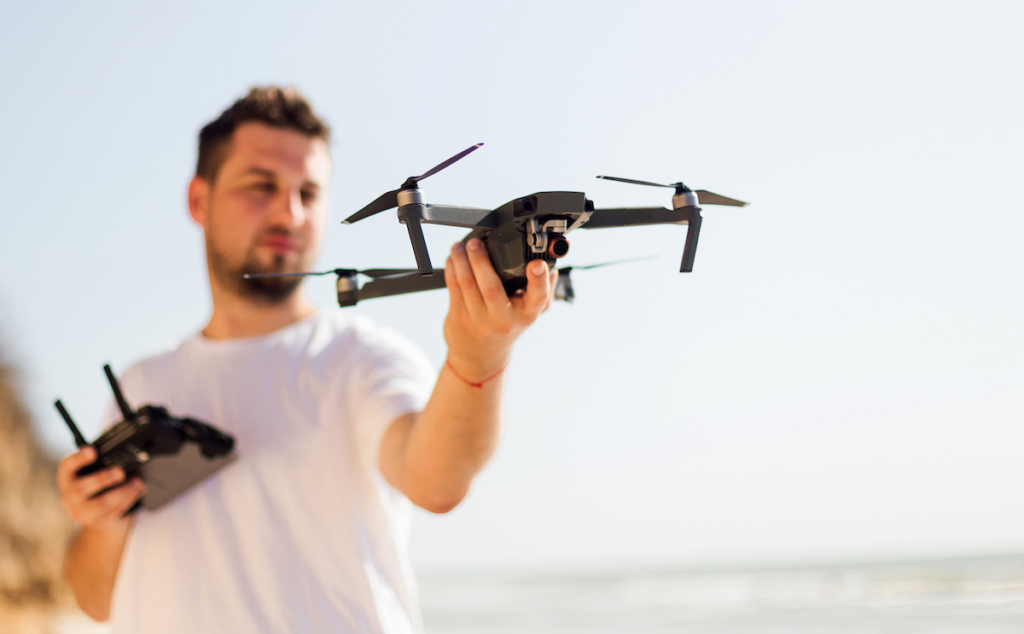
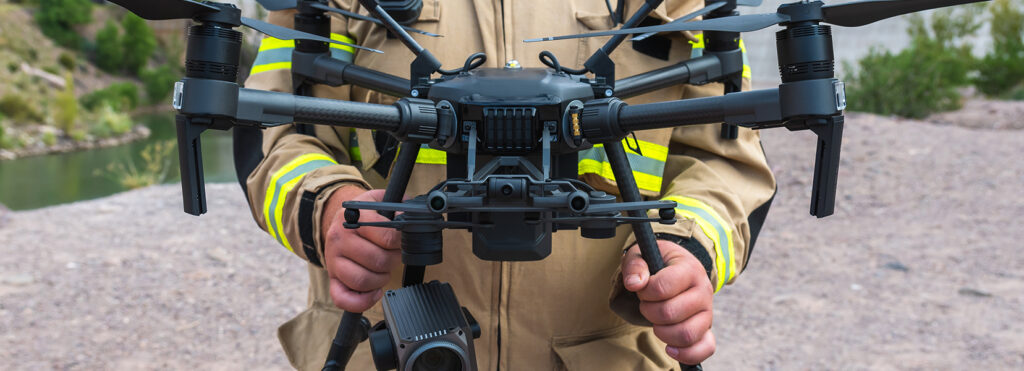
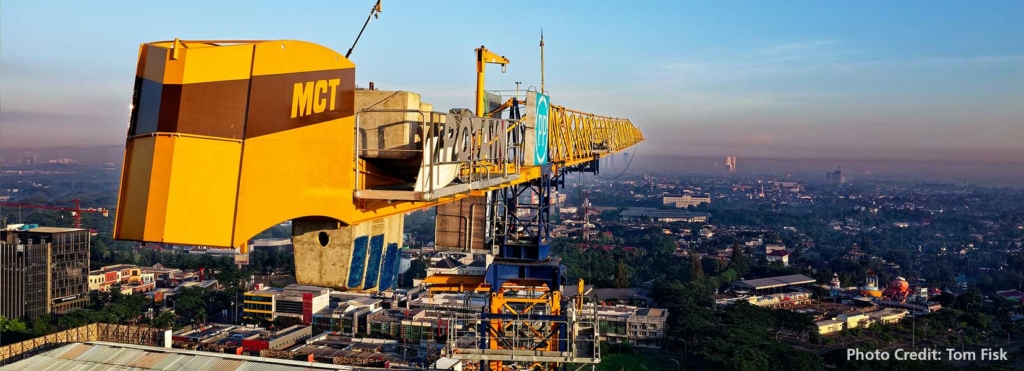
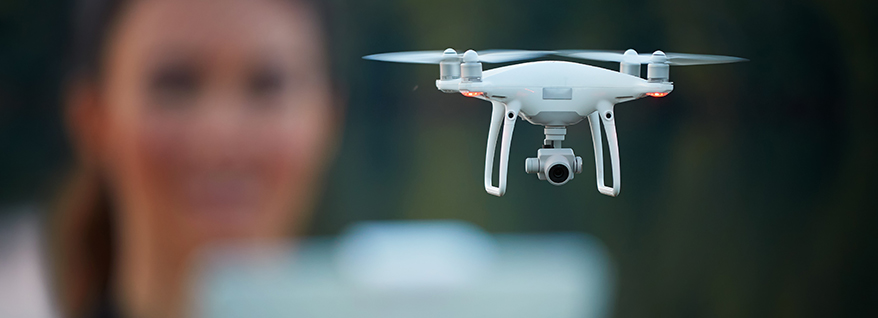
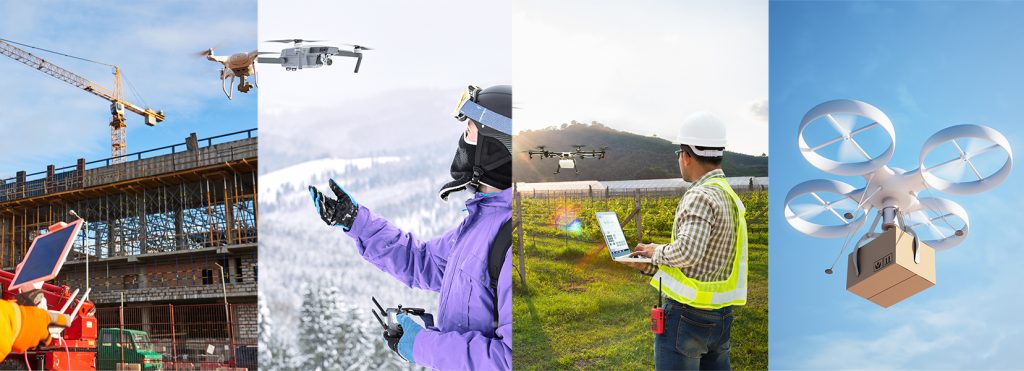
Responses